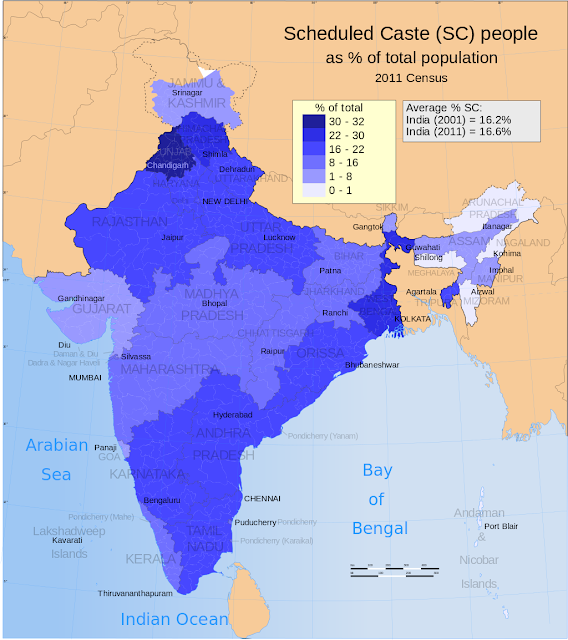Story Planning: After The Fire Went Out
Vidura, quick facts:
This is a man with complexity and a keen conscience. My original interest in Vidura was the conspicuous lack of concern showed for any of the low-caste family who burned to death in the ol' switcheroo during the House of Fire. This family, having come to beg on that fateful night, experienced a fate legally referred to as "premeditated murder." The Pandavas, of lofty and noble heritage, could likely have seen the murder of low-castes as trivial and insignificant. But, what about Vidura? This is a man denied the throne on the basis of his low breeding. Could Vidura have possibly countenanced this slaughter? Should he have been the author of the convenient appearance of the low-caste family (one woman and five sons), did any part of him regret what happened? I believe a closer examination of Vidura's life at Hastinapura is in order.
Vidura's life follows a path of consistent conscience, protecting Draupadi during Duryodhana's degradations, stepping down as ruler of the kingdom following the war's end. I believe playing babysitter for the Pandavas and the Kauravas took a toll on Vidura, and I would like to explore this in the form of an interview or a journal. I think Vidura's perspective on the events at Hastinapura, and the guilt he carried with him over the years could make for a suspenseful reveal: Who actually died in the House of Fire? What is the price of a life (or six)? Or, what does Vidura believe regarding the caste system, being the Dharmic incarnation of justice, wisdom, and equality?
The image I've chosen to include this week is a graphical breakdown by state and union territory of areas within India where the scheduled castes system (also known as the untouchables) is still used. While many things have changed since the times of the Mahabharata, this system of classifying people still exists.
Bibliography
Dhritarashtra and Pandu, The Second Match Indian Myth and Legend, Donald A. Mackenzie
The House of Fire, The Indian Heroes, C.A. Kincaid
- the third of Vyasa's sons (of base heritage through Ambika's handmaiden)
- brother of Dhritarashtra and Pandu
- human incarnate of Dharma
- voice of reason, intelligence, wisdom, and inner consciousness
- aided the Pandavas to escape from Duryodhana's trap
- protested the disgrace of Draupadi at Duryodhana's hands
- chose not to govern following the war
This is a man with complexity and a keen conscience. My original interest in Vidura was the conspicuous lack of concern showed for any of the low-caste family who burned to death in the ol' switcheroo during the House of Fire. This family, having come to beg on that fateful night, experienced a fate legally referred to as "premeditated murder." The Pandavas, of lofty and noble heritage, could likely have seen the murder of low-castes as trivial and insignificant. But, what about Vidura? This is a man denied the throne on the basis of his low breeding. Could Vidura have possibly countenanced this slaughter? Should he have been the author of the convenient appearance of the low-caste family (one woman and five sons), did any part of him regret what happened? I believe a closer examination of Vidura's life at Hastinapura is in order.
Vidura's life follows a path of consistent conscience, protecting Draupadi during Duryodhana's degradations, stepping down as ruler of the kingdom following the war's end. I believe playing babysitter for the Pandavas and the Kauravas took a toll on Vidura, and I would like to explore this in the form of an interview or a journal. I think Vidura's perspective on the events at Hastinapura, and the guilt he carried with him over the years could make for a suspenseful reveal: Who actually died in the House of Fire? What is the price of a life (or six)? Or, what does Vidura believe regarding the caste system, being the Dharmic incarnation of justice, wisdom, and equality?
The image I've chosen to include this week is a graphical breakdown by state and union territory of areas within India where the scheduled castes system (also known as the untouchables) is still used. While many things have changed since the times of the Mahabharata, this system of classifying people still exists.
2011 Census: Scheduled Caste Distribution Map (India) by State and Union Territory
Image Source: Wikimedia Commons
Bibliography
Dhritarashtra and Pandu, The Second Match Indian Myth and Legend, Donald A. Mackenzie
The House of Fire, The Indian Heroes, C.A. Kincaid




Comments
Post a Comment